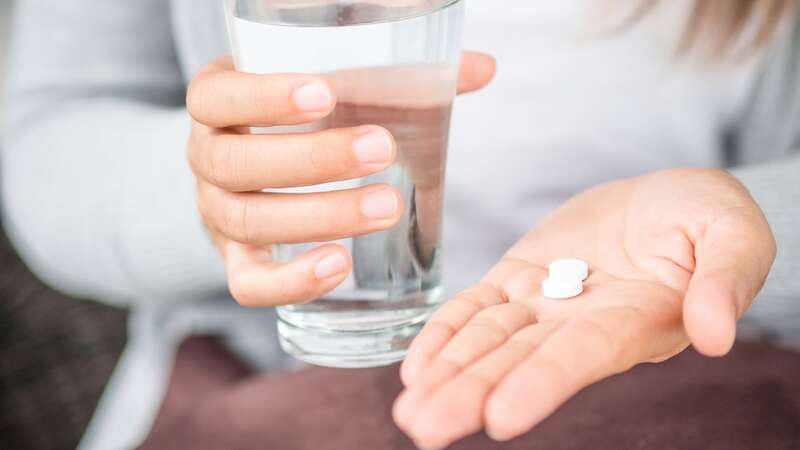

We have all experienced it – tablets getting stuck at the back of your throat, tasting horrible. Not only that, the taste, usually hideously bitter, can remain there for hours. It puts many people off taking medication.
Well, help may be at hand from Cambridge and UCL scientists who have devised an “electric tongue” – yes, you read that right – to predict the bitter taste of drugs.
How a drug tastes is actually key to making sure people take their medications properly. It has been identified as the biggest barrier for children taking medicine, who are very sensitive to tastes. But it is also an issue for adults, especially those taking long-term medication, such as for HIV.
With this in mind, researchers used an e-tongue – a device made of sensors responding to taste – to score the bitterness of medicine. The team, led by Dr Hend Abdelhakim of UCL Global Business School for Health, then estimated how unpleasant the medicine might be at certain doses.
The e-tongue measures how much the bitter molecules stick on a plastic sensor, which acts like the human tongue, and then it compares it with a clear sample. The difference between the two measurements represents a theoretical bitterness level of a medicine. Using an e-tongue means drugs can be tested more quickly and efficiently than in a human trial.
 Lack of face-to-face GP appointments 'turning patients into DIY doctors'
Lack of face-to-face GP appointments 'turning patients into DIY doctors'
The team is now collaborating with machine learning expert Dr David Shorthouse of UCL School of Pharmacy to speed up drug development using an AI model. With data from the e-tongue, the AI model breaks down a drug into a series of descriptors that determine taste in order to predict levels of bitterness. The model will be an open access tool, meaning the data on the palatability of medicines can be used around the world.
“We run a machine learning algorithm to basically see what’s the chemical structure, what’s the molecular structure, what are the other chemical physical parameters that make it bitter, and try to see if there’s a relationship,” says Dr Abdelhakim.
“It’s a problem for longer-term diseases, so for example, HIV. Antiretroviral medicines don’t taste very nice. So, if the patient has to take those pills every day for life, it’s a much bigger problem, especially if they start them very, very young.
“Even if it’s a wonder drug, if the patient doesn’t take it, it won’t work. With antibiotics, if the patient doesn’t take it, they won’t get better. But also you’re going to contribute to antimicrobial resistance. It’s actually a bigger problem for the rest of us.”